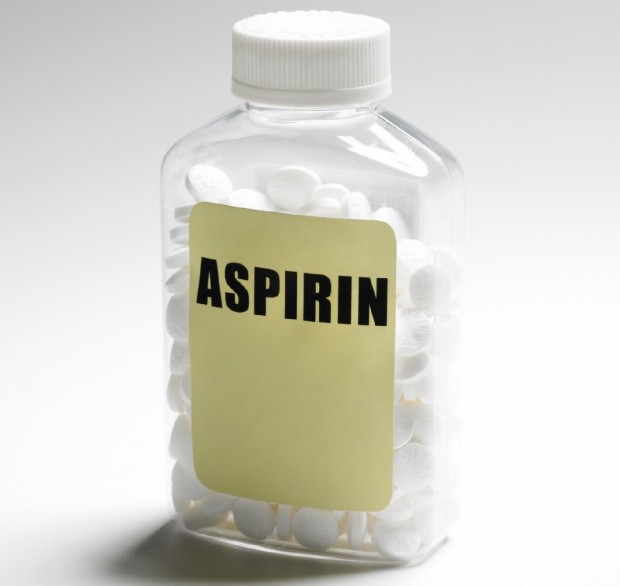The WHS enrolled almost 40,000 women in a decade-long aspirin experiment. Half of the women took a low-dose of aspirin (100mg) every other day. The other half was given placebo. Over the 18 year study, women who took aspirin reduced their risk of colon cancer by about 20 percent.
At the end of 10 years, Cook and her colleagues compared the aspirin-takers with those that took the sugar pills. But they didn’t see any difference in cancer rates between the groups.
In previous studies that hinted at a cancer-preventing role of aspirin, participants were often given high doses of the drug. Even then, many of those benefits came with a delay -- 5 or 10 years after starting the regimen.
So the research team continued to follow 34,000 of the original women and tracked their health for roughly 8 more years. Then they did the comparison again.
“I wasn’t expecting to see [an] effect on colorectal cancer at all. Our initial results had been null,” said Cook, a professor at Boston's Brigham and Women’s Hospital and Harvard Medical School. But “right after we published the [initial] results of the trial, those curves begin to separate.”
Those results are published in this latest study. Among the group of women who took a low-dose of aspirin, there were fewer cases of colorectal cancer. “That was really surprising,” Cook added.
Katherine Van Loon, a gastrointestinal oncologist at UCSF sounded downright enthusiastic when I talked to her on the phone. The study is "incredibly robust," she said. “The sample size [of nearly 40,000 women] and the long duration of follow up are really exceptional,” she added.
The jury is still out on aspirin’s effect on other cancers, including breast and lung. To date, research findings have been inconsistent and the WHS didn’t find any effect for other types of cancer.
Exactly how aspirin may prevent colon cancer is still a mystery, and scientists also don’t clearly understand the reason behind the delay.
“It seems that those [studies] with higher doses [of aspirin] tended to find the effect earlier,” said Cook.
But people wary of cancer may want to exercise caution before stocking up on a year’s supply of aspirin.
Higher doses of aspirin can lead to more side effects, and the study found that even a low dose of aspirin put people at greater risk of gastrointestinal bleeding and peptic ulcers.
In rare instances, aspirin can cause gastrointestinal hemorrhage, which could lead to hospitalization and blood transfusions, said Cook.
“Drugs that work come with a risk,” said Bruce Hammock, a professor in both UC Davis’ Comprehensive Cancer Center and the Entomology Department (it turns out chemical pathways in insects are very similar to those in humans). Doctors should ask patients if they have "a tendency toward GI bleeding," Hammock said. “If you do, you would run away from aspirin.”
On the other hand are patients with a family history of colon cancer or a genetic pre-disposition to form gastrointestinal tumors. “These data say to me that that cohort of people would probably be a lot better off taking a baby aspirin,” said Hammock.
In other words, each person must weigh the risks and benefits of their personal health history with their doctor and watch for possible complications when using any drug.
